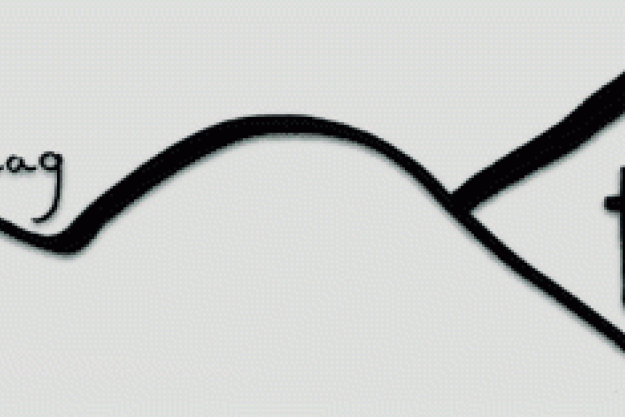
Logo of The Hague
The municipality of The Hague is a keen supporter of the ultimate goal of the Paris Convention and of the OPCW, a world without chemical weapons. That is why we are doing our utmost to provide your organisation and your staff with the best possible service. It’s good to know that you can always count on us.
In Flanders fields the poppies blow
Between the crosses, row on row,
That mark our place; and in the sky
The larks, still bravely singing, fly
Scarce heard amid the guns below.
These are the first lines, Excellencies, ladies and gentlemen, of the most famous and moving poem about the First World War. The author John Alexander McCrae wrote it in early May 1915. At the time he was military doctor with the First Brigade of the Canadian Forces Artillery stationed in the Belgium town after which this hall has been named.
It was there that he experienced one of the lowest points in the history of humanity: the first military use of chlorine gas. The start of modern chemical warfare. McCrae and his medical staff had to cope with thousands of victims of the gas attacks in their field hospital. It must have been a horrific situation, which he described later as “seventeen days of Hades”.
Ultimately, during what was called the ‘war to end all wars’ an estimated millions or more of soldiers fell victim to combat gas. More than one hundred thousand failed to survive.
After the First World War, the League of Nations attempted to arrive at a general ban on chemical and biological weapons by means of the Geneva Protocol. Given the misery that these weapons were to cause later, it is a bitter pill to swallow that sixteen years before the hell of Ypres, during the first Hague Peace Conference in 1899, a ban on combat gas had been hotly debated. But in vain. And even then, this was not the first time that the subject had been posted on the agenda. As far back as the seventeenth century Hugo Grotius had argued in the third part of his ‘Laws of War and Peace’ against the use of poisoned arrows, the early precursors of chemical weapons.
Excellencies, Ladies and Gentlemen, In the past nine decades chemical weapons have been deployed in different conflicts albeit never on the same scale as in the First World War. But each new deployment caused death and destruction. It was therefore an historic event when in Paris in 1993 the Chemical Weapons Convention was signed, banning the development, production, stockpiling and use of chemical weapons.
And it was a memorable moment again four years later when the OPCW, the implementing body of the Convention, officially embarked on its work.
The Hague considers it a great honour to have been chosen as the home of this unique organisation. The work of the OPCW and of the numerous inspectors despatched all over the world goes a long way to making that world a safer place. Your task is not an easy one. Our earth after all is still plagued with chemical weapons. In the past eleven years the OPCW has made great progress in clearing away the deadly heritage of the Cold War.
The municipality of The Hague is a keen supporter of the ultimate goal of the Paris Convention and of the OPCW, a world without chemical weapons. That is why we are doing our utmost to provide your organisation and your staff with the best possible service. It’s good to know that you can always count on us.
At the same time, the world is counting on you. The danger that arises from chemical weapons is great and undiminished. We have to do everything we can to curb that threat. Not only have we an obligation to ourselved to do so, and to the future generations who will live on our planets. We are also obliged to do so in the name of all of the victims of chemical weapons since that ill-fated 22 April 1915 at Ypres. Thank you.
